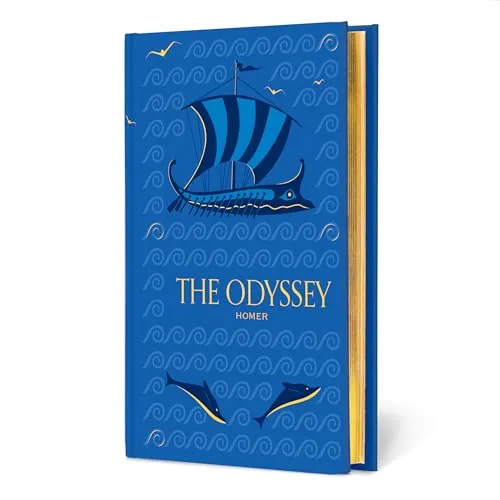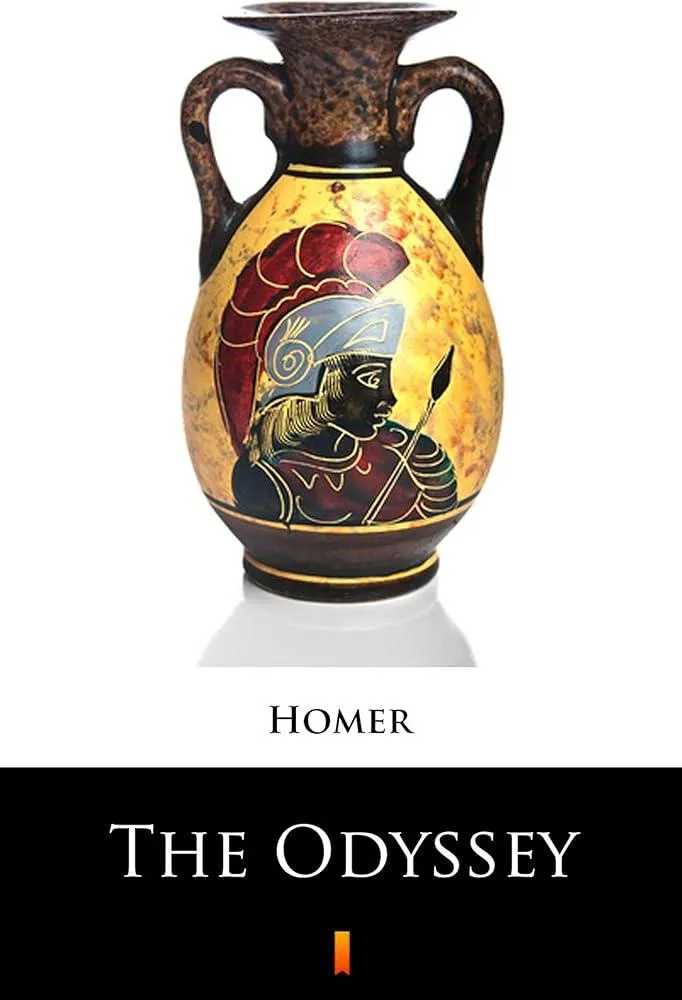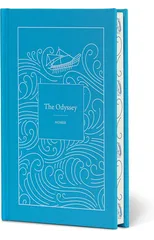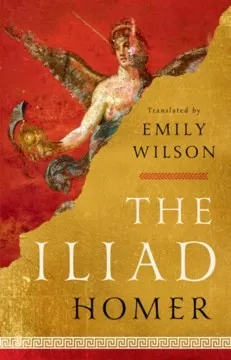Ten years have passed since the fall of Troy. The surviving Greek warriors who destroyed that city have returned home. All except Odysseus, whose wife, Penelope, and son, Telemachus, await him. Claiming that Odysseus is dead, a host of suitors have taken up residence in his home, eating up his wealth and trying to persuade Penelope to marry one of them. Penelope steadfastly refuses. Odysseus, in fact, is alive. He has spent seven years as a captive of the nymph Calypso, and the gods finally take pity on him and persuade her to set him free. When he resumes his journey home, the sea god Poseidon sends a great storm to destroy his raft. Exhausted and near death, Odysseus and his men wash up on an island shore. They are delayed by Polyphemus the Cyclops, the Lotus-eaters, the Sirens, the sorceress Circe, and other strange creatures.
Homer
Homer is an ancient Greek poet believed to have lived in the 8th century BC. His most notable works include the epic poems "The Iliad" and "The Odyssey," which are considered masterpieces of Western literature. Homer's writing style is known for its vivid imagery, epic themes, and complex characters. His contributions to literature include establishing the epic genre and influencing countless writers and poets throughout history. "The Odyssey" is Homer's most famous work, telling the story of Odysseus' journey home after the Trojan War. Homer's impact on literature is immeasurable, with his works continuing to be studied and admired for their timeless themes and storytelling prowess.












